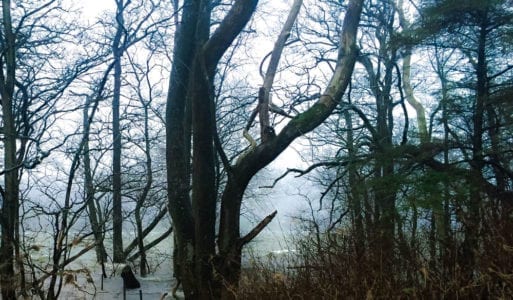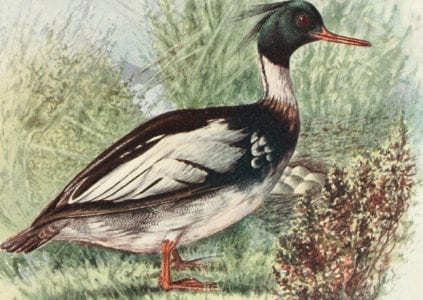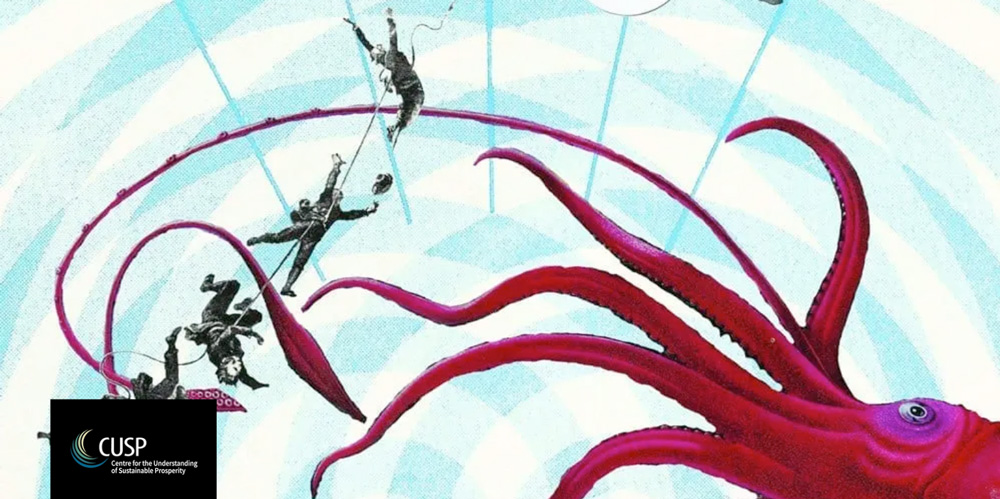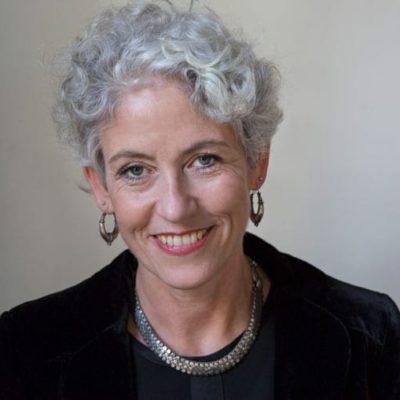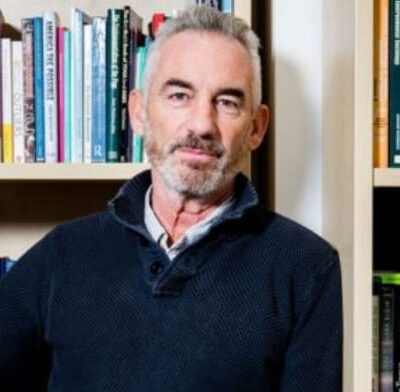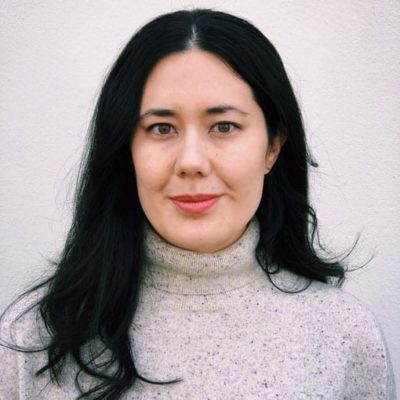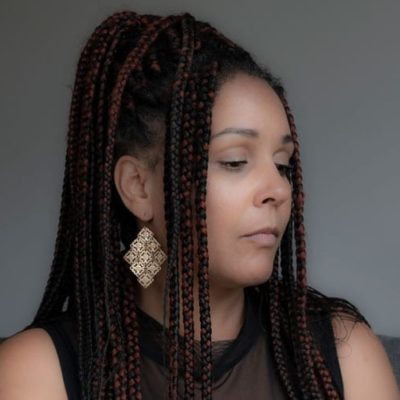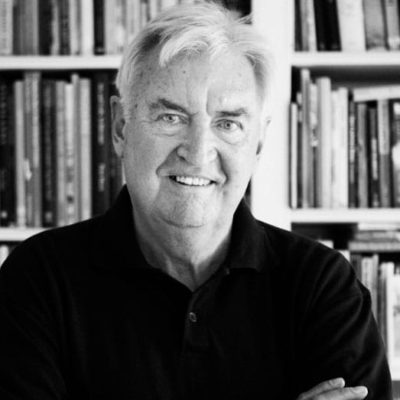THEMES / ARTS & CULTURE / NEW NATURE WRITING
Nature Writing for the Common Good
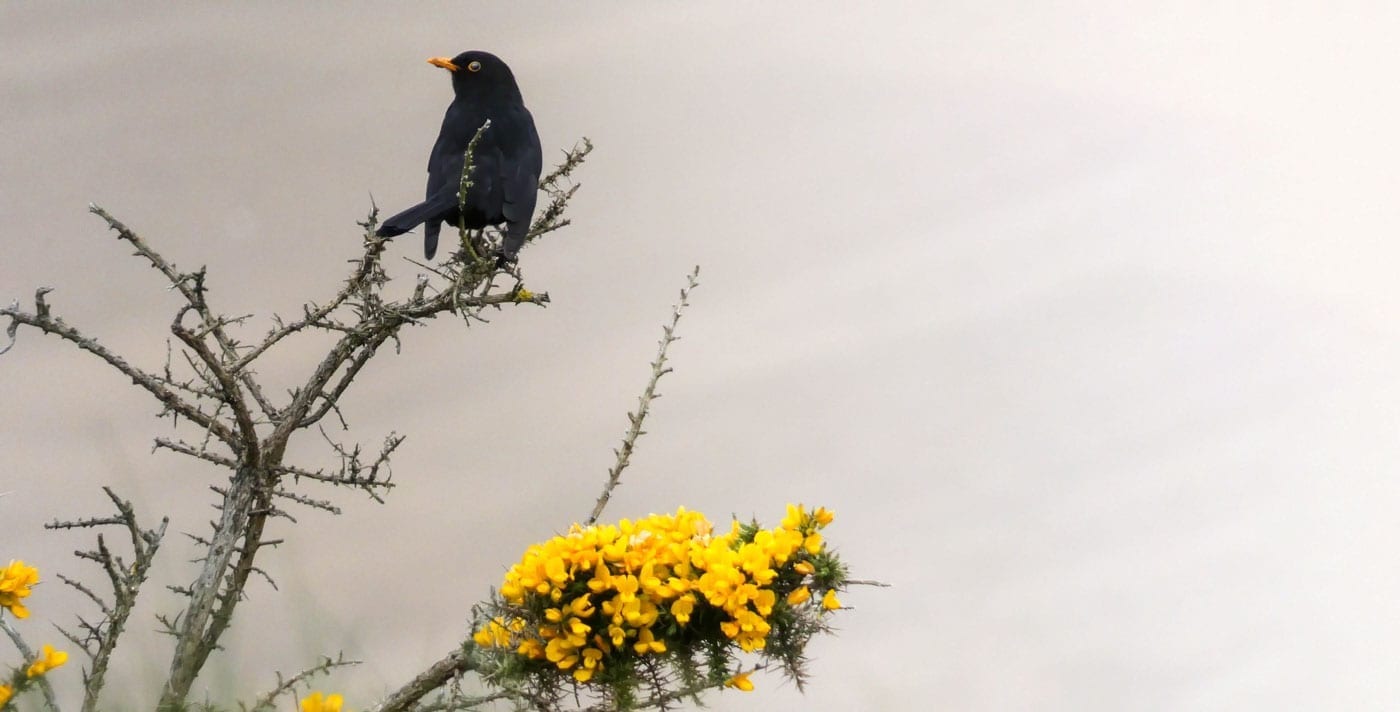
A call for unpublished writers to contribute to a new online collection of non-fiction pieces on nature, ecological challenges, and connections between people and places. Closing date for submissions is 17 June 2019.
Are you interested in nature and in writing about nature? Do you think nature writing can help us understand more about environmental threats from habitat loss to climate change—and inspire people to take action on them? And what does ‘nature writing’ have to say about sense of place, community and the good life? Are there aspects of our relationship with our environments that nature writing has neglected?
If you’re excited by the new wave of nature writing over the past two decades, we hope you will want to submit your work as a potential contribution to a forthcoming publication: Nature Writing for the Common Good.
We’re looking for unpublished authors who can offer new perspectives on our relationships with the natural world and the ways in which these can be re-imagined, changed and sustained for the common good.
This is a project led by CUSP, the Centre for the Understanding of Sustainable Prosperity, an international research partnership funded by the Economic and Social Research Council—engaging people, politics, business and NGOs across the UK and beyond.
Our collection of short pieces will use nature writing to explore environmental and social challenges facing Britain and the world today. It hopes to harness the power of good writing about nature to help us understand our relationship with the natural world—and to motivate change.
While nature writing is hugely popular in the UK—as a visit to most bookshops would suggest—it is also open to criticism as tending to be nostalgic, concerned mainly with certain types of landscape, and dominated by a well-established set of authors and themes—with a paucity of writers who are of colour, working class or women.
Given the vast challenges posed by climate breakdown, threats to wildlife, changes in farming, pressures of many kinds on the land, nature writing is entangled with difficult and far-reaching political, economic and social issues. We hope to see entries that engage with this complexity.
We’re looking for nature writing—from anyone yet to be published—that can open up new perspectives on the state of our relations with land, wildlife and one another, and help us to see engagement with nature, often profound and individual, as part of a ‘common good.’ We want to include a wide variety of contributors, landscapes and types of writing.
Call for entries
The competition begins on 15th April 2019 and the closing date for submissions is 17th June 2019. We welcome contributions up to 2,500 words. The genre is ‘essay’—but this can include many non-fictional approaches—including a work of reportage, a memoir—and we are looking for innovative ways of reflecting on our connections with nature, place and other creatures. The winners will be published in an open-access online collection by CUSP. We are developing plans for a later print publication and further rounds of calls, including possibly taking a selected new author to publication of their first book.
Our judging panel for pieces to be included in the collection comprises well-known authors and environmental writers Madeleine Bunting, Jessica J Lee, Louisa Adjoa Parker, Richard Smyth, Ken Worpole and CUSP Director Tim Jackson. We look forward to your submissions!
Guidelines
- The competition is international in scope and open to all—but essays must be written in English and unpublished for the duration of the competition.
- We are seeking to support authors who are unpublished yet in print up to and during the competition. We especially welcome submissions from writers of disadvantaged communities. Entries are invited from all age groups.
- The length of the essay should not exceed 2.500 words.
- For conceptual background on New Nature Writing, please see the blog by Ian Christie and Kate Oakley.
Updates
17 Sep 2019: The anonymised essays have been reviewed by our expert panel now. We are currently evaluating the reviews and scores.
10 Oct 2019: Thanks for your patience—we hope to come to a decision very soon; and will be in touch with those who submitted a piece of writing shortly
17 Oct 2019: Apologies for the delay; we are still working on the next steps for the shortlist and editorial process. We will be in touch with everybody who has submitted a piece to us. and put up a note here as well. Stay tuned.
3 Nov 2019: We have now begun to contact the authors with individual feedback. We’ll confirm here when this process is completed. If you (as author) by then have not heard from us, please get in touch at naturewriting@cusp.ac.uk; and we will investigate.
11 Nov 2019: All authors have been contacted now; we hope to launch our Nature Writing collection in Spring.
12 Oct 2020: Following the cancellation of our Spring event, we are now moving to publish the essay collection at our 6th Nature of Prosperity Dialogue event on 17 Nov 2020. Details will follow shortly.
One of our aims for this writing project is to uncover new authors, of any age and background, and we’re particularly keen to hear from people whose voices, experiences and places are not yet well-represented in the nature writing world. We’re seeking entries from writers yet to be published in print form. So, if you have published a book, or been featured in a published volume, we’re assuming you already have ‘a voice’ and access to outlets that can amplify it. If you’ve self-published online in a personal blog but not in print, then we’re happy to accept your submission. See also the replies below to some ‘Frequently Asked Questions’.
- Does posting on a personal blog count as being published?—No.
- What if I have a self-published book?—That means you count as an already published author.
- What if I’ve only published poetry? —In that case, you count as a published author.
- What if I’ve published in other genres but not in nature writing?—Yes, that counts as being published already.
- What about academic publications and government reports, do they count as ‘published’?—Yes, in that case you count as an already published author.
- Is it fair just to focus on unpublished writers?—We are taking the view that anyone who’s had work published in print, in whatever genre, has the means to make their voice heard in nature writing. By focusing on those who have not yet appeared in print in any format, we hope we can open up new opportunities to budding New Nature Writers of all ages and backgrounds, and enlarge the reach and themes of the genre to everyone’s benefit.
Contact
Please submit your essay and the author form to naturewriting@cusp.ac.uk by 17 June 2019. In the meantime, don’t hesitate to be in touch should you have questions.
Related Links
About CUSP
The Centre for the Understanding of Sustainable Prosperity is an international research centre, based in the UK. Our guiding vision for sustainable prosperity is one in which people everywhere have the capability to flourish as human beings—within the ecological and resource constraints of a finite planet. Our work explores not just the economic aspects of this challenge, but also its social, political and philosophical dimensions. CUSP considers the role of arts and culture not simply as a tool for communicating sustainability, or as a way of envisioning the good life but as an inherent component of prosperity itself.

